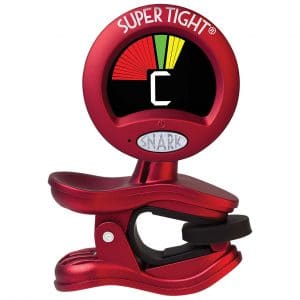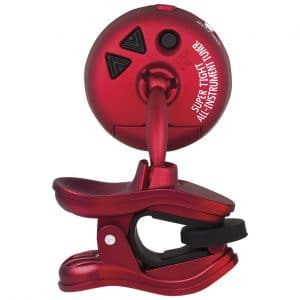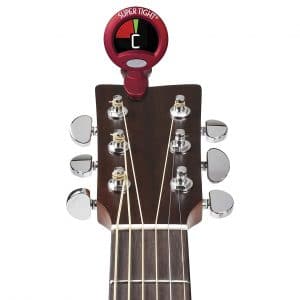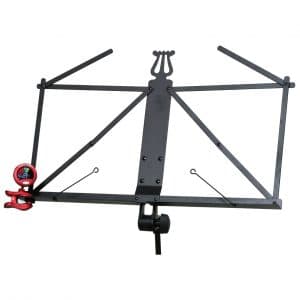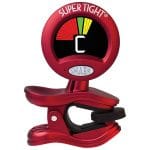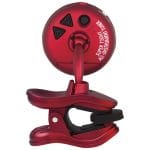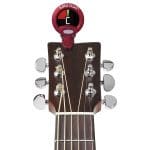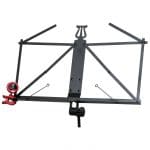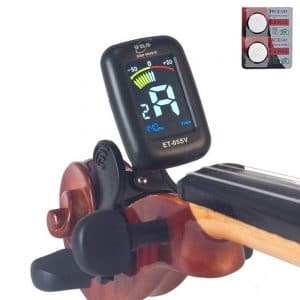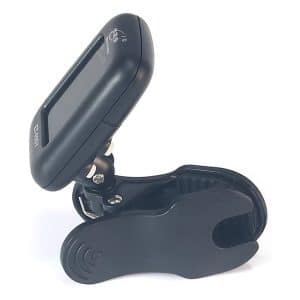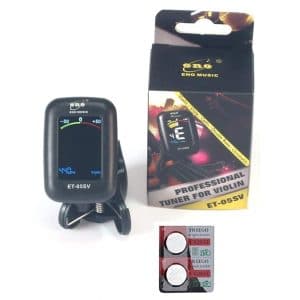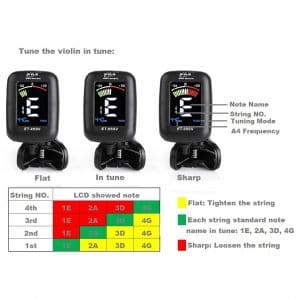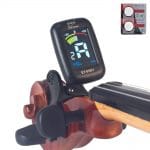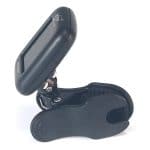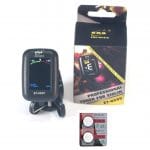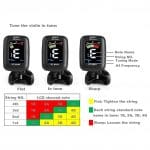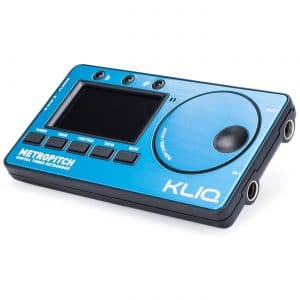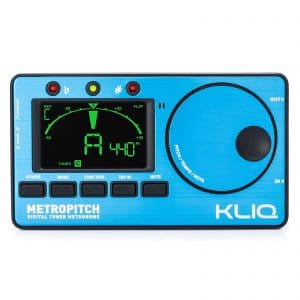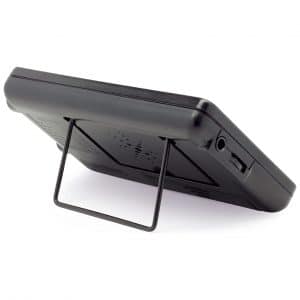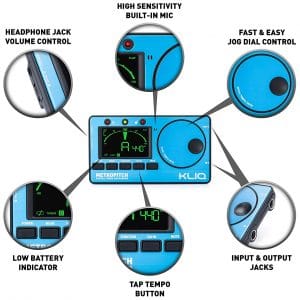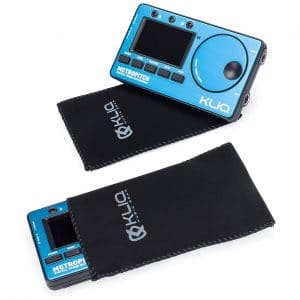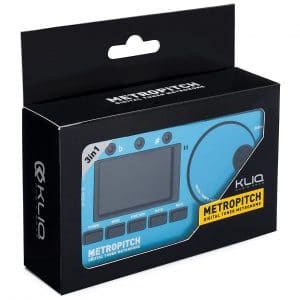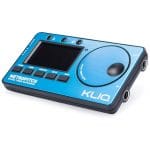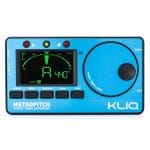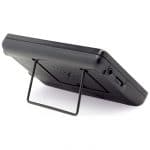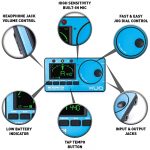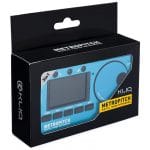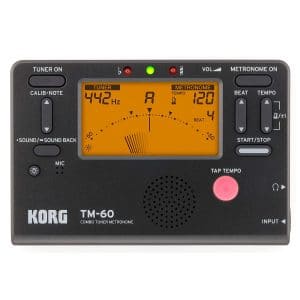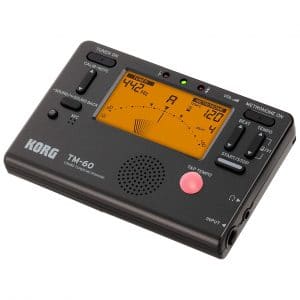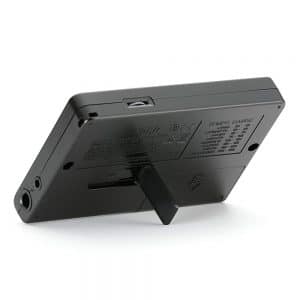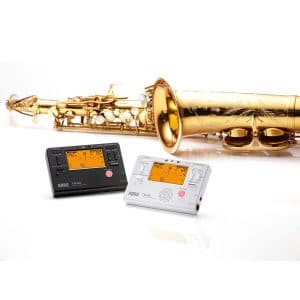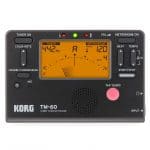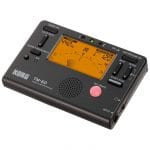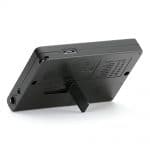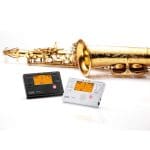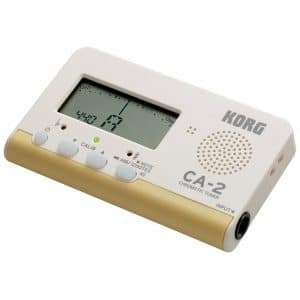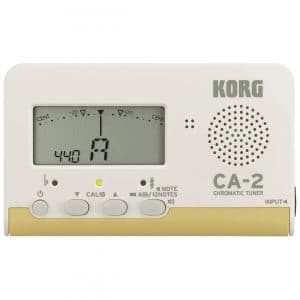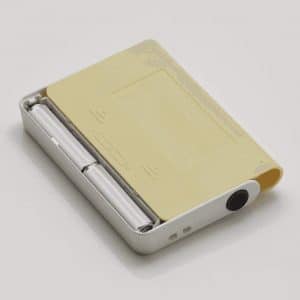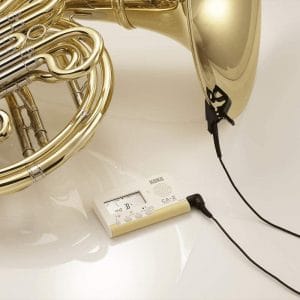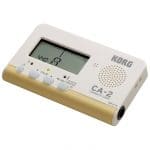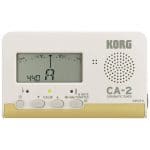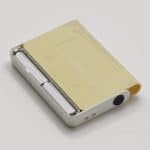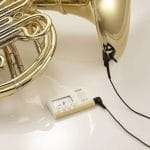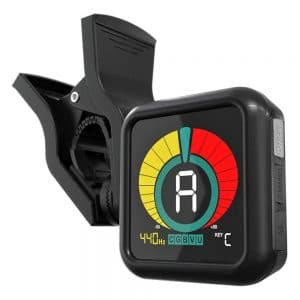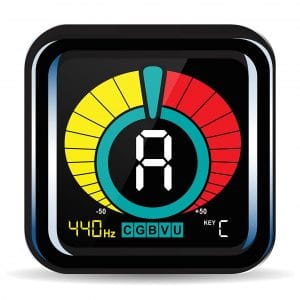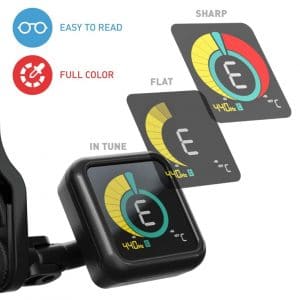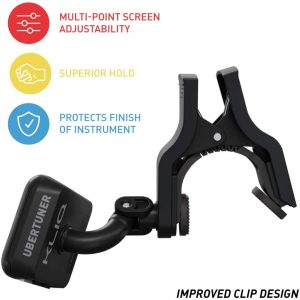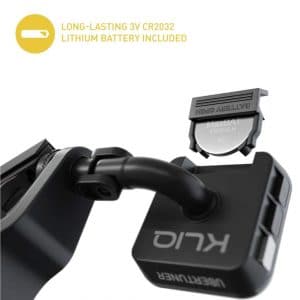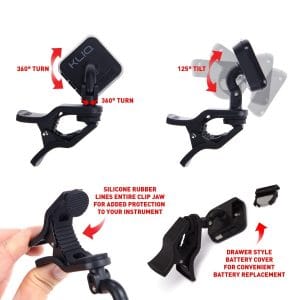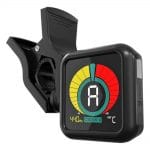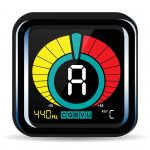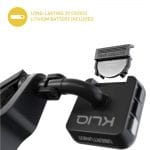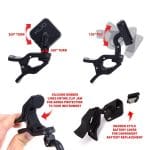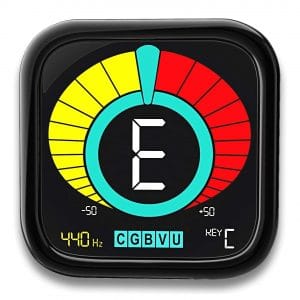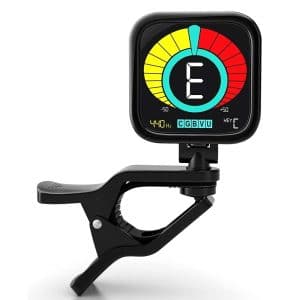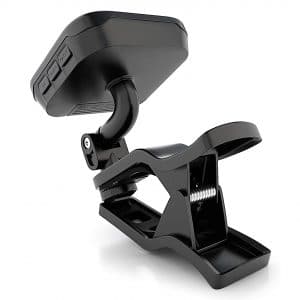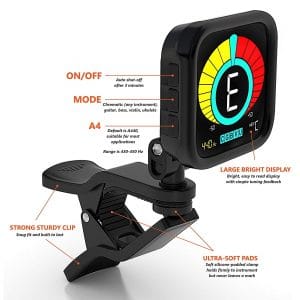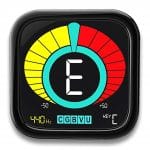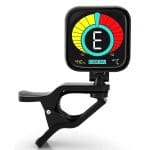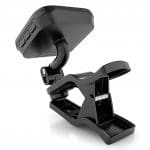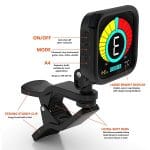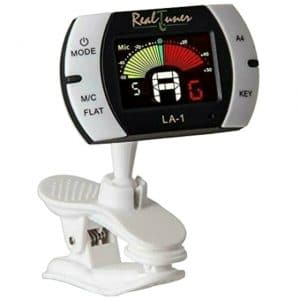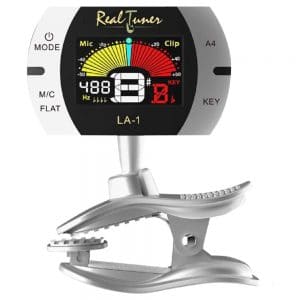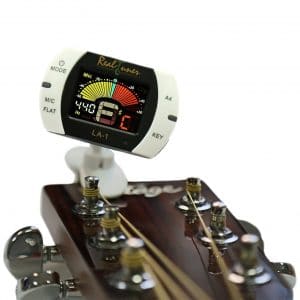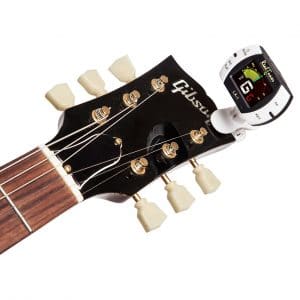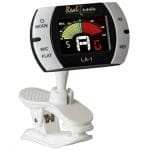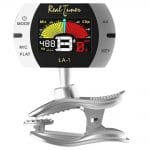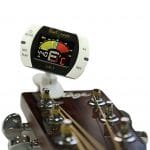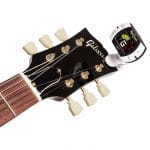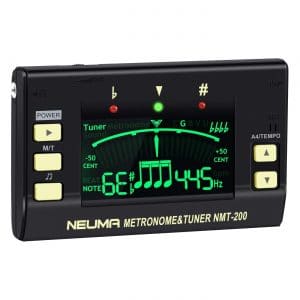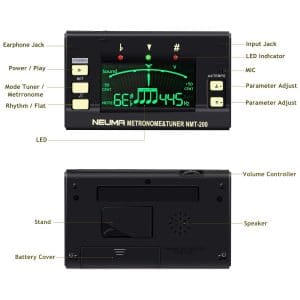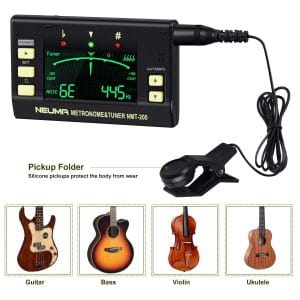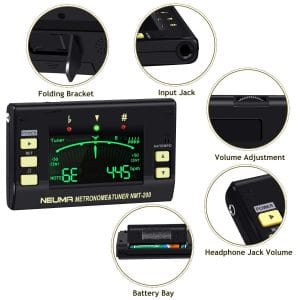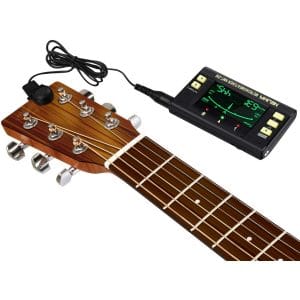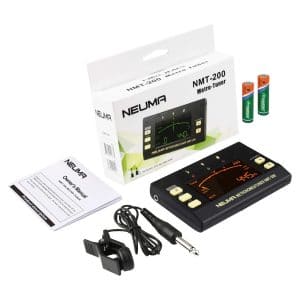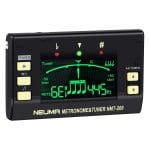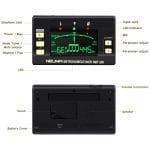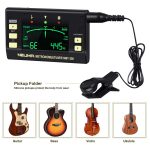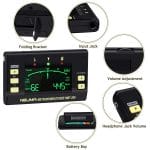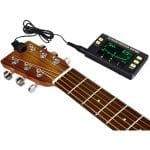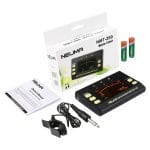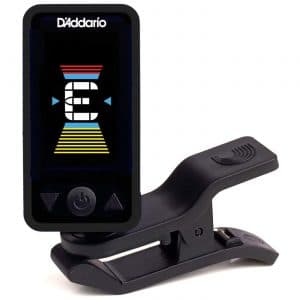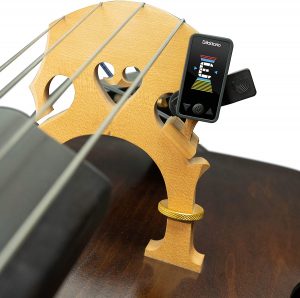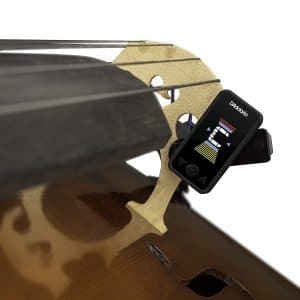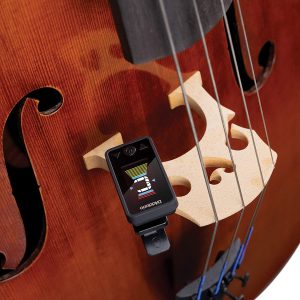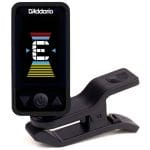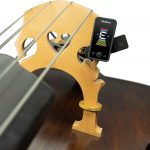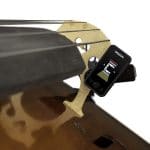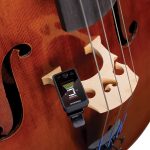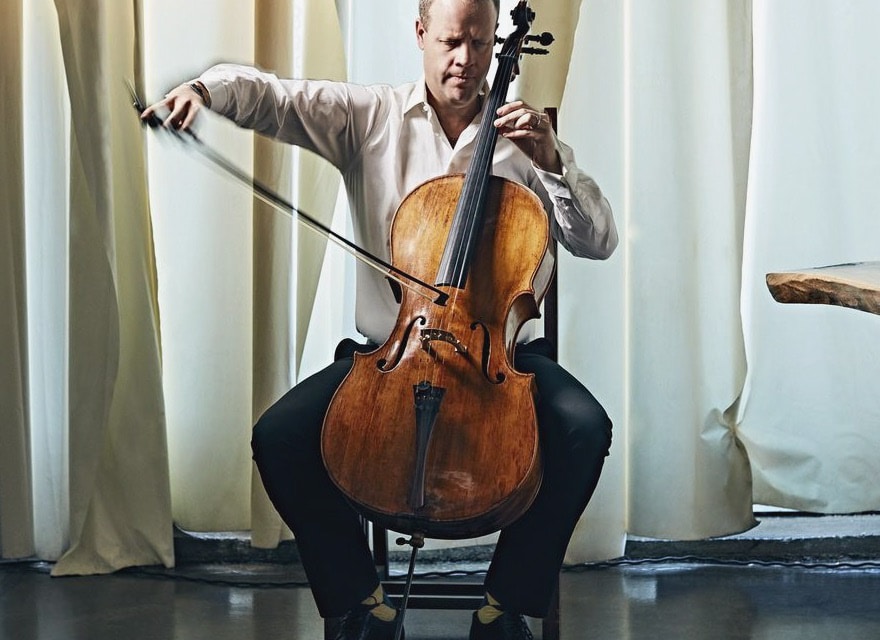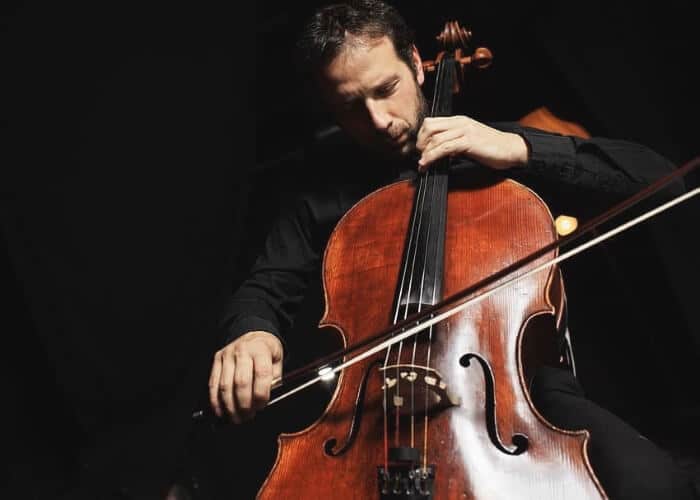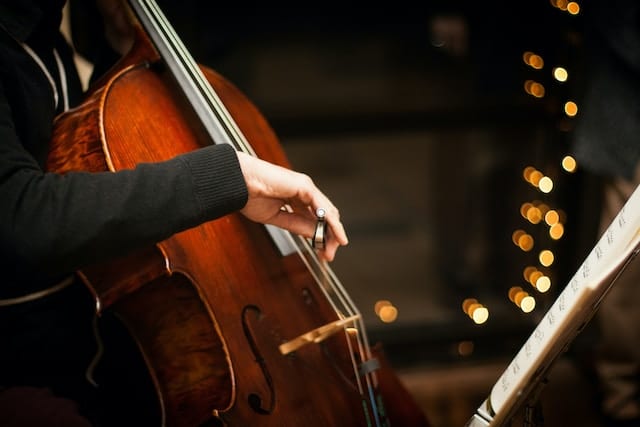How to pick the best cello tuner?
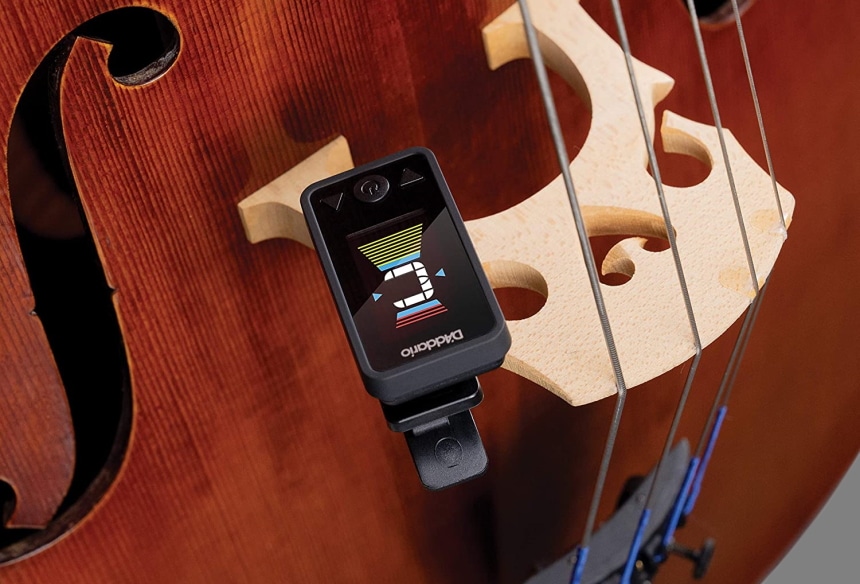
When picking out a cello tuner, you need to answer a few questions, which then help you determine your exact requirements. Do you need a metronome? What type of tuner will suit you better? How large should it be, and what advanced features do you expect to get?
We are here to guide you and help you pick the best cello tuner by breaking down the different features and qualities and their importance. To get the best cello tuner, you need to consider the reference pitch, tuning range, metronome function, and power supply.
Reference pitch
The reference pitch of a cello tuner acts as a guide to set your cello to a certain tone, and it is measured in Hz.
The greater the range of a reference pitch, the wider variety of instruments you can tune with it.
This may include cellos, guitars, violins, and other string instruments because they all require different settings.
For example, the Crescendo ZenTuner is a great versatile model that can be used for multiple instruments.
Tuning range
A cello has four strings, and you have to tune each string in a perfect succession of fifths. You have to tune the strings, i.e., C, D, G, and A, in ascending order, depending on each string’s thickness, whereby C is the lowest pitch, and A is the highest.
Using a tuner is important so that you don’t have to set the notes by ear, which could lead to the pitch being off to a certain extent. You have to tune the strings from an open position. Beginners especially need to use a tuner, though even expert cellists also use this tool from time to time. For instance, the Snark ST-2 Multi-Instrument Chromatic Tuner can be a convenient option for both beginners and professionals.
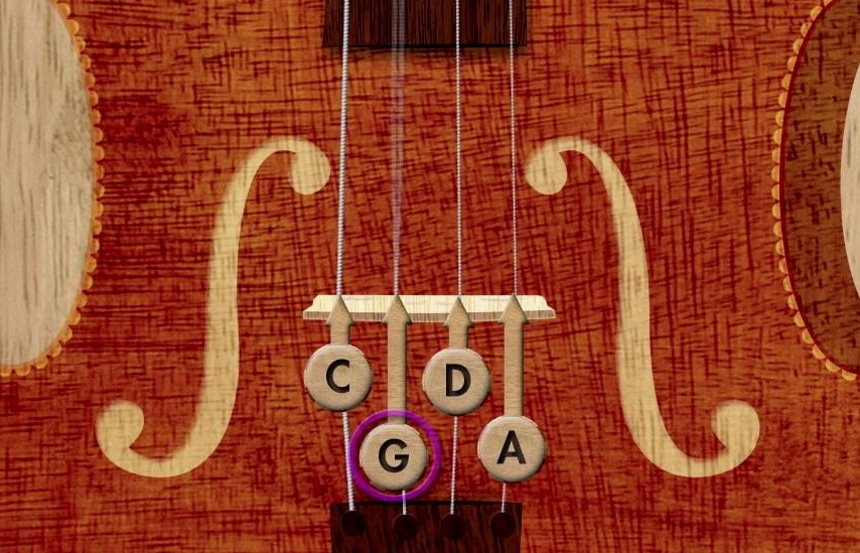
Accuracy
The accuracy of a cello tuner depends on its sensitivity to the pitch of the sound created by a cello string. Standard cello tuners pick onto the pitch when played in a silent room and prove to be relatively accurate.
However, in a noisy environment, standard tuners tend to be inaccurate because of additional noise from sources other than the instrument. Clip-on tuners, including the KLIQ UberTuner, are more accurate because they pick onto the vibrations of the strings to determine the pitch and tune your instrument with great accuracy, even in noisy places.
Many modern tuners with advanced technology and vibration sensors offer exceptional sensitivity to pitch, and therefore, are very effective.
Metronome
A metronome is a device that makes a clicking sound at regular intervals. This is useful when you want to practice a sense of rhythm, and many tuners come with this function.
The intervals are measured with beats per minute or BPM. The BPM gives you a clear sense of time and tempo, and you can use it to play with almost any instrument.
Cello tuners that come with a metronome, including the KLIQ MetroPitch Metronome Tuner for All Instruments, are more efficient because they offer the best of two worlds. Models that lack a metronome still work just as good. However, you may have to buy a metronome separately in that case for tempo reference.
Design
Cello tuners come in two common designs, namely standard and clip-on. A standard cello tuner picks the sound of the instrument with a microphone.
Clip-on tuners are popular among musicians because they are small and compact. Thus, they are easy to carry from gig to gig. They are also user-friendly since all you have to do is to attach them to your instrument. You can also adjust the angle to your liking.
Clip-on cello tuners work accurately even in noisy environments because they pick on to the vibrations of your instrument’s strings for tuning instead of the sound. You can use them anytime and anywhere, making them a great tool for emergency tuning before a performance or at a concert.
Modes
The different modes for tuning refer to the different variations in. The best tuners have a wide range, and they allow you to only experiment with different modes.
The more settings a tuner has, the more benefits you get when using it. A tuner can have modes for tuning cellos as well as modes suitable for other instruments like a guitar, ukulele, and violin. You can select a tuner based on the instruments that you play and need to tune. For example, the KLIQ MetroPitch Metronome Tuner for All Instruments is an advanced option with various settings.
Power supply
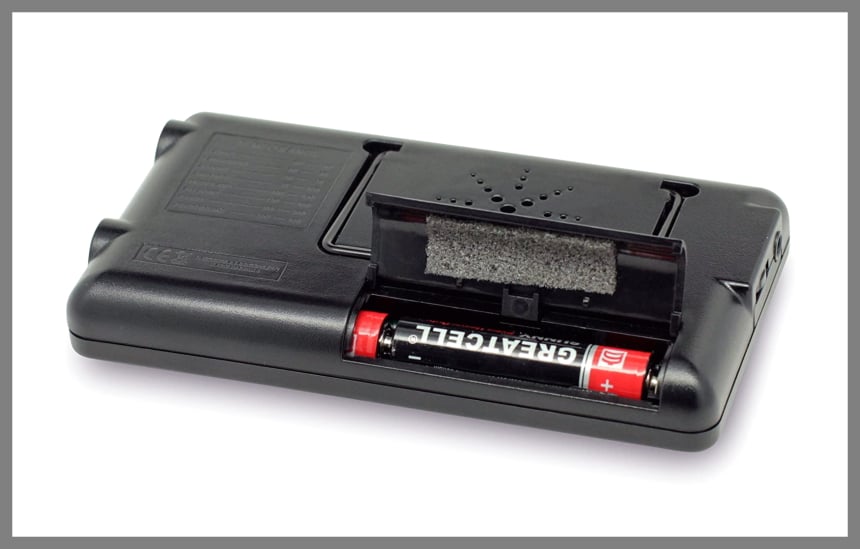
Most cello tuners, especially the ones from our list, use either 2x AAA cells or a single CR2032 battery. The power consumption of cello tuners is low, so these batteries last a while.
Some cello tuners have low battery indicators that let you know that the charge is running low. This feature saves you from the frustration of being caught off guard with a low battery on an important day.
Several models, including the Korg TM60BK Combo Tuner Metronome, have an auto power-off that turns the device off when it’s not in use. This feature is priceless because it saves battery charge.
Dimensions and weight
You have to keep in mind the dimensions and weight of a tuner when considering a unit’s portability. Smaller dimensions make for a device that you can carry in your pocket easily.
Lightweight models, such as the Korg CA-2 Chromatic Tuner, are also popular among users because the weight of instruments and their accessories like stands and cases make for heavy luggage. A heavy tuner will just add to that burden.
Plus, lightweight and portable cello tuners are more convenient to use. Still, even the heaviest cello tuners aren’t that large, and you will not have a problem carrying them around.
What else can be important?
Some additional features make cello tuners stand out. The products on our list feature amazing qualities, including volume adjustment, to set your cello to the desired volume.
Headphones and mic inputs allow you to get the right tempo and pitch easily. Some products come with a buyer’s warranty, which can span as long as 5 years, which gives extra protection. This is the case with the Korg CA-2 Chromatic Tuner, and this feature helps in developing trust and saves you the money of getting a new tuner in case the one you bought is faulty. The warranty will allow you to get your money back or to replace the tuner if you don’t enjoy its performance.
Prices
While musical instruments and their accessories can be somewhat pricey, cello tuners are cheap and extremely useful tools. Some tuners are cheaper than others, and this depends on their types and extra features, as well as other characteristics like whether they have a metronome.
The cheapest one on our list is the ENO MUSIC ET-05SV Tuner, which is available for as low as $10. Other options range within the bracket of $10 to $29. Our most expensive pick is the KLIQ MetroPitch Metronome Tuner for All Instruments, which costs $25. Our cheapest pick lacks functions, such as a metronome and has no warranty, and the most expensive premium pick has a pocket-sized design, with impressive extra features, such as a built-in mic and a low battery indicator.






